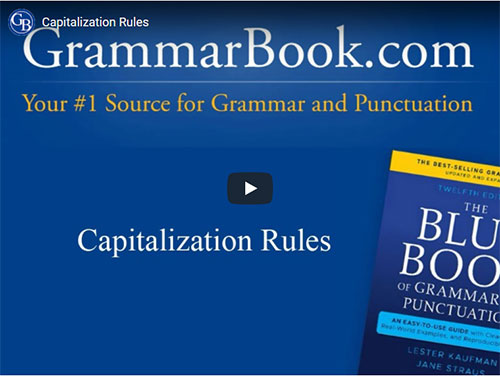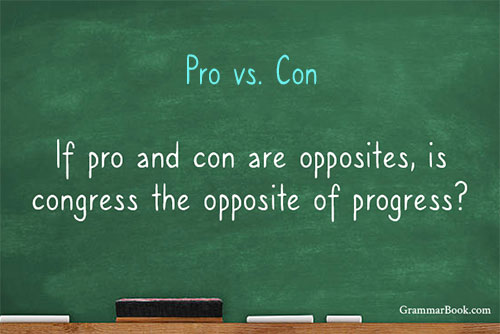|
Negation provides us the means of expressing the opposite of a word, thought, or idea. It can include words such as:
| no |
nothing |
| not |
neither |
| none |
nowhere |
| no one |
never |
| nobody |
|
Let's look at a few examples:
I agree with what she said.
I do not agree with what she said.
Everyone loves paying taxes.
No one loves paying taxes.
Julie is going to band camp.
Julie is never going to band camp.
Yes.
No. |
You might notice that in the first and third examples, the negative word appears between the main verb and a helping verb (do…agree, is…going). You will often see negation with different helping verbs, such as is, are, am, has, have, do, does, will, and should. Helping verbs are commonly contracted with negative words as well: is not > isn't, have not > haven't, do not > don't.
| I don't agree with what she said. |
If we use negative words correctly, they will mainly serve to state that the opposite of something is true as opposed to establishing a pessimistic or irresolute narrative.
Negative Words: Be Mindful of Placement
When using negation to express something, we want to be sure we place the negative word correctly for clarity. Otherwise, we may have constructions that do not make sense or that mean something different from what we intended.
Example
All pianists are not gifted.
All pianists are not self-taught.
This pianist, however, is both. |
What these constructions convey is that no pianist is gifted, nor is any pianist self-taught. Furthermore, this pianist, by the way, is neither gifted nor self-taught (which does not make sense because we've already stated that no pianist has those qualities).
There's a good chance what we really mean to write is:
Not all pianists are gifted.
Not all pianists are self-taught.
This pianist, however, is both (gifted and self-taught). |
Negative Words: Avoid the Double Negative
We should use only one negative word when making a negative statement; otherwise, we will often have a grammatical error in formal English.
Correct: I don't need to see the brochure.
Incorrect: I don't need to see no brochure.
Correct: Emma couldn't do anything about the ladybug on the roof.
Incorrect: Emma couldn't do nothing about the ladybug on the roof. |
Note too the change in meaning that can happen when we have a negative verb with a negative modifier such as rarely, barely, hardly, or scarcely:
Blair can hardly see through the fog.
Blair can't hardly see through the fog.
Jessica can barely remember what happened before the power went out.
Jessica can't barely remember what happened before the power went out. |
In the first example's first sentence, Blair is having trouble seeing through the fog. In the second sentence, the two negative words actually cancel each other: We are saying that Blair “cannot” hardly see through the fog, thereby suggesting the opposite.
In the second pair of sentences, the first suggests that Jessica struggles to recall events. In the second sentence, two negative words cancel each other again: We are saying that she “cannot” barely remember what happened, thereby suggesting the opposite.
A double negative may occasionally be useful only if it is specific to what we mean:
In this context, we are implying that it is impossible to not remember something.
Negative Words and Effective Writing: Positive Is Better
As a matter of style, other than to necessarily indicate the opposite of something, we will maintain better form if we keep most of our statements positive and definite. Overuse of negative words can result in writing that is weakened, vague, hesitant, or evasive.
Readers are typically more interested in what is than in what is not. Compare the following sentences:
Walter was not very organized.
Walter was disorganized (or Walter lacked organization).
Sheila doesn't like vanilla ice cream more than chocolate ice cream.
Sheila prefers chocolate ice cream over vanilla ice cream. |
Which sentence from each pair do you find more clear and assertive?
You might also notice that the lengths differ in each pair of sentences. This is because negative constructions can extend our writing. We can often tighten our composition by using a more-concise word rather than disqualifying something with negation:
That statement is not true.
That statement is untrue.
Yolanda did not believe what José said.
Yolanda doubted what José said.
The underwriter did not approve the loan.
The underwriter declined the loan. |
Related Topics
Detaining the Double Negative
Navigating Negative Constructions
|





